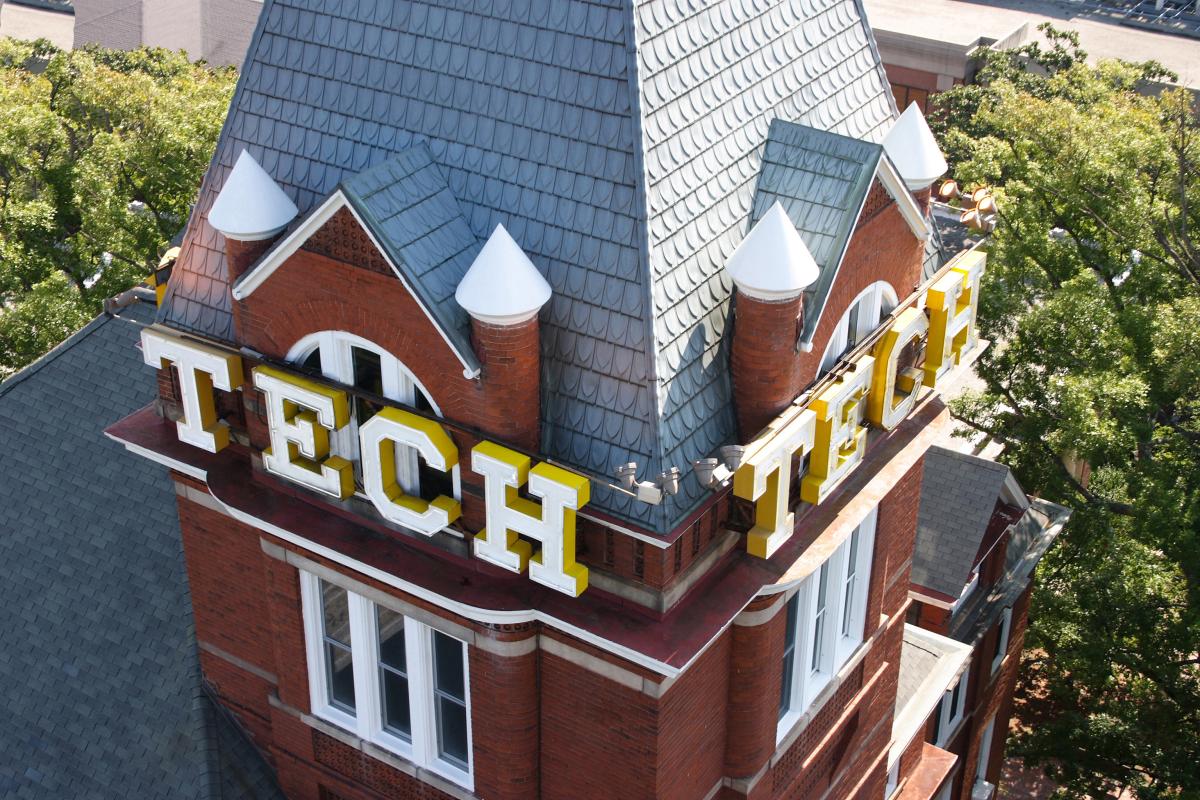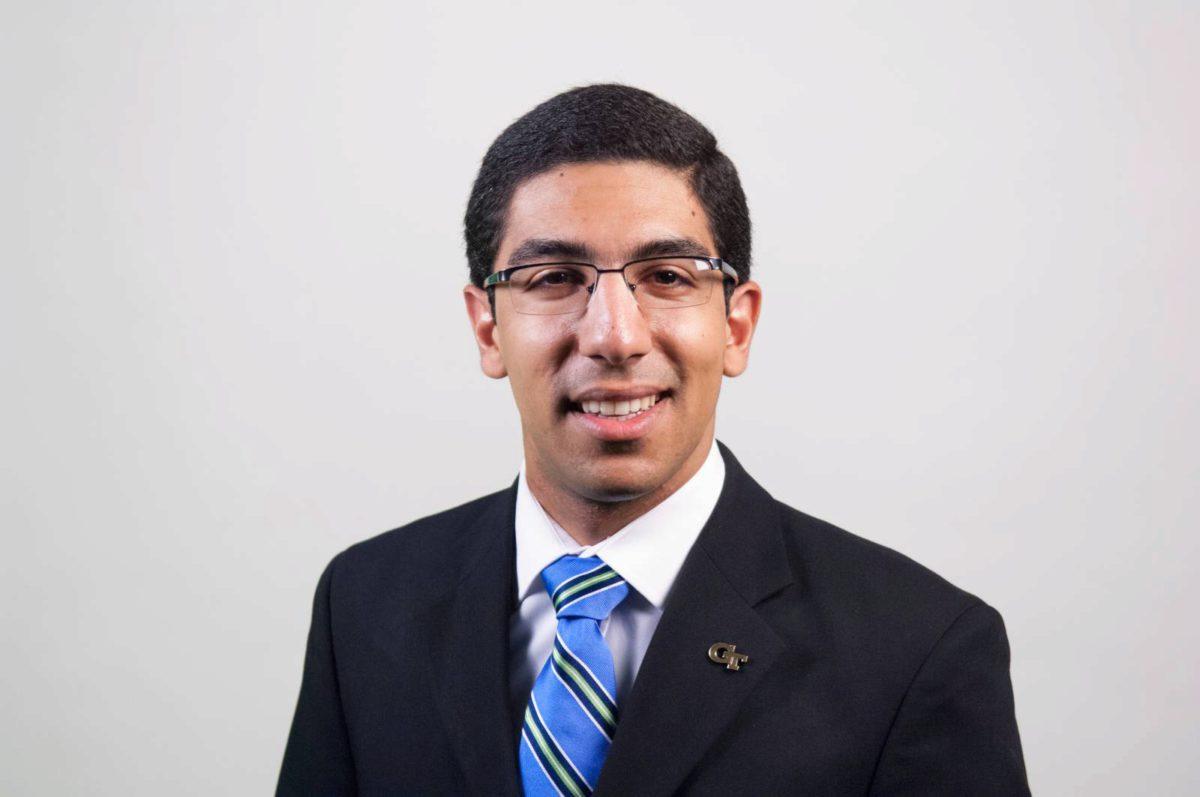
Mohamad Ali Najia, BME, chose to enroll at Georgia Tech in 2010 because of the biomedical engineering department’s reputation and research opportunities.
“Even before I was awarded the Goldwater, I wanted to go to graduate school to earn a Ph.D. in biomedical engineering,” Najia said. He was first drawn to this area of study in high school as he learned about the potential of stem cells and their role in curing disease.
His first semester at Tech, Najia joined Associate Professor Todd McDevitt’s Engineering Stem Cell Technologies lab, where he worked with graduate and post-doctoral students. In addition to being an Honors Program student, he went on to become editor-in-chief of The Tower, Tech’s peer-reviewed undergraduate research journal, and, last summer, he was a bioinformatics fellow through the Harvard-MIT Division of Health Sciences and Technology.
Throughout his undergraduate career, Najia has focused on his dream of generating fully functional tissues for implantation into patients, with the goal of curbing a nationwide allograft shortage, improving patient recovery, and saving lives.
“The Goldwater is an initial step toward building a career in the biomedical engineering field and performing impactful research,” he said.
He hopes to become a professor with a lab focused on genome engineering and is already excited to mentor the next generation of scientists.
“I am incredibly grateful for the institutional support I have received for my undergraduate research,” he said. “Most importantly, I am thankful for the mentorship of several faculty members, including Georgia Tech professors Todd McDevitt and Brani Vidakovic.”
Named for U.S. Senator Barry Goldwater, the Goldwater Scholarship is awarded to students in science, mathematics and engineering who intend to pursue research careers in their fields, with the intent of providing a continuing source of highly qualified scholars in these areas.
